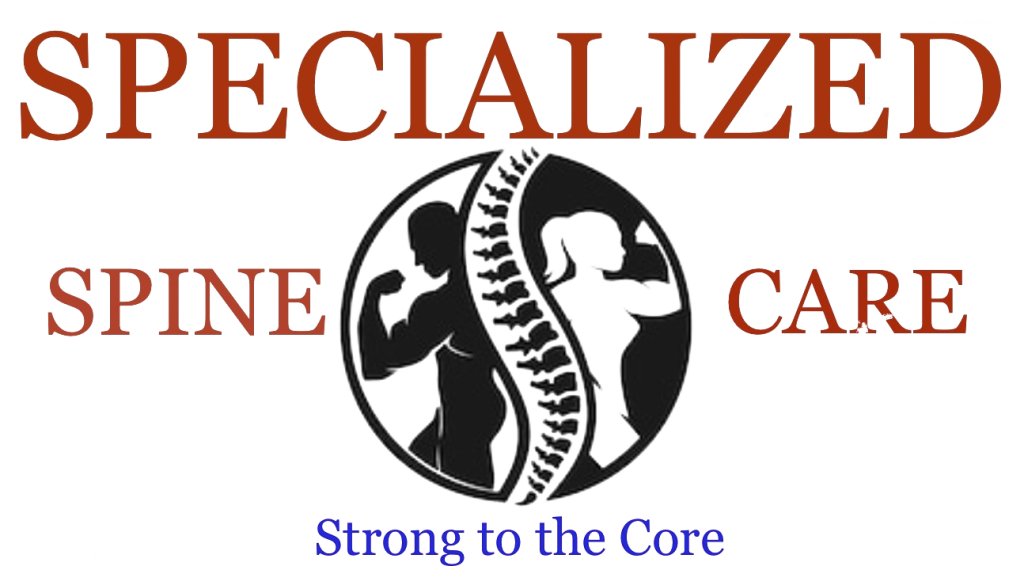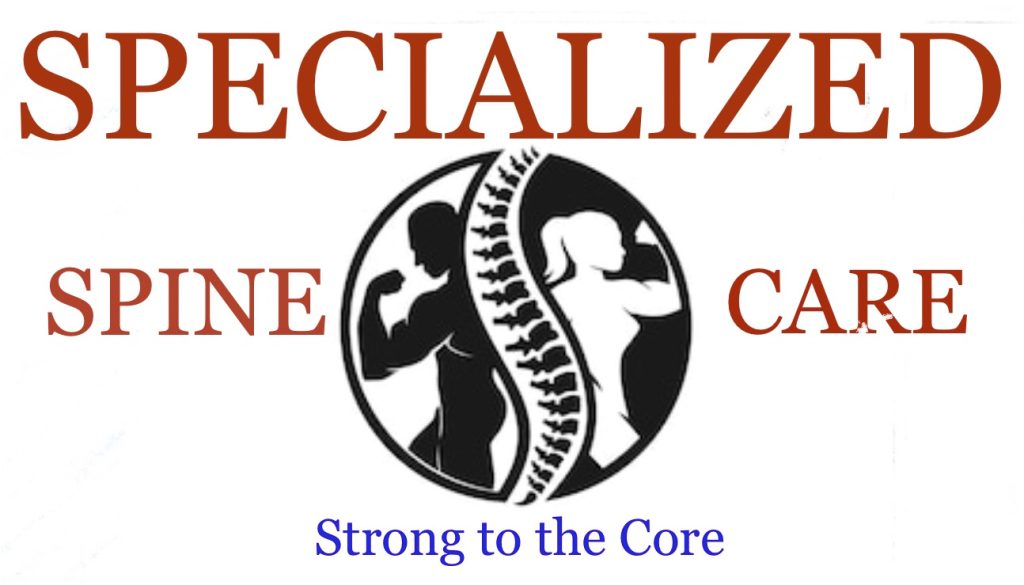Even with today’s amazing technology, there remains much confusion about spinal pain.
It is a fact that about 85% (see “The $64,000 Question: What Causes Low Back Pain?”) of the time, an exact source of spinal pain cannot be determined. The physician makes sure the patient does not have one of the serious causes which is treatable by other means (for example, tumor, infection, new fracture, progressive neurological deficit, back pain from internal organs such as the stomach or pancreas). This exclusion can usually be done without x-rays or scans. What is left is non-specific-spinal pain. The source of this pain can be muscles, ligaments, discs, nerves, small joints in the back or some combination. But the exact cause remains obscure in 85% of the cases.
It is hard to live with uncertainty like this. People often say, “I just want to know what is causing this pain.” But the fact remains that most of the time the source cannot be exactly determined.
Lack of precision in diagnosis is also important because it leads to widespread patient confusion. Because an exact cause is often obscure, people are often told different things by different health care providers. It is not at all unusual for a patient to see three separate providers and get three different opinions.
Fortunately, this lack of precision in diagnosis does not mean treatment is impossible. On the contrary, most cases of spinal pain resolve spontaneously. Your doctor has several choices for treatment but your greatest asset is your body’s ability to heal itself.
Someday medical science will undoubtedly be able to determine the exact source of pain for any spinal condition. But until that day arrives, most of us will have to learn to live with at least some uncertainty. Thank goodness most of these problems are not serious and will improve on their own.
On this web site you will find articles on various facets of spinal disease. Some are quite technical, taken from medical journals. Others are from mainstream magazines or newspapers. The purpose is to increase your knowledge of the spine. The more knowledge you have, the better you’ll be able to make your own decisions about important topics like surgery. The subjects covered range from results of surgery to the accuracy of scans. We hope you find the contents helpful.


